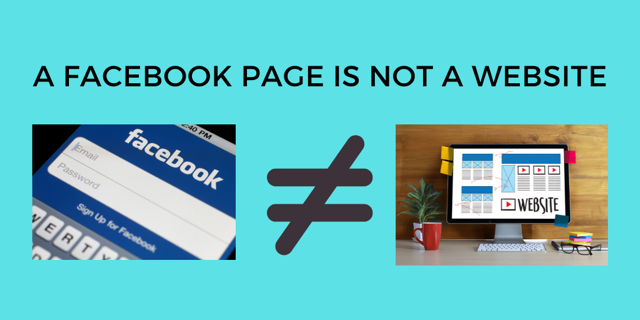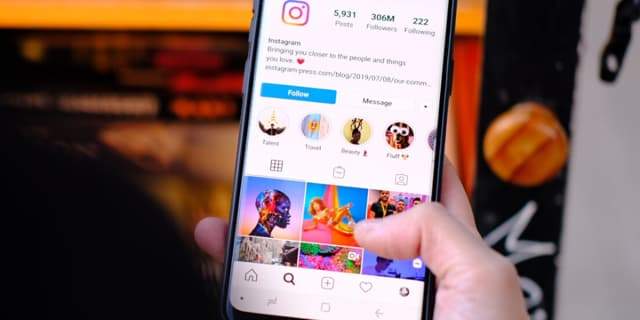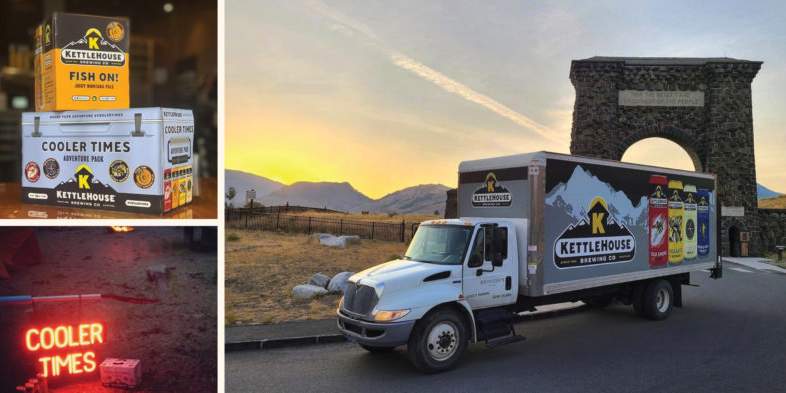
A Facebook Page is not a substitute for a business website. Repeat that slowly to yourself until it sinks in completely. Craft breweries should NOT be using any social media channel as the main source of web presence for their brand. I know it’s cheap and easy, but you’re not doing your brand any favors by practicing this erroneous marketing strategy.
This is the equivalent of brewing all your beer on your neighbor’s pilot system in their garage for distribution into retail — it has limited capabilities, it’s out of your control, and restricts your brand awareness.
As demonstrated on October 4, 2021, when social media juggernauts Facebook, Instagram and WhatsApp kicked the bucket for about 5 hours, many businesses scrambled to find ways to communicate their marketing messages with followers. The moral of this story is that every business, regardless of size or resource capabilities, should be practicing what’s called an “omnichannel marketing” strategy.
Omnichannel marketing explained
This means using multiple marketing channels to communicate with consumers for a seamless brand experience along their customer journey. This way, if one of your methods fails, you always have a back up plan to reach your target audience.
It also gives you the benefit of reaching more potential customers on various platforms at their specific point of their customer journey with your brand. Not everyone is at the same awareness level with your brand and not everyone utilizes the same marketing channels, so by implementing various types of marketing messages across different channels and designing your branded messages for various awareness levels, you’re able to cast a wider net to build brand awareness across consumer categories.
Let’s run through why you shouldn’t rely on social media to be your main source of web presence and how you can strengthen your digital marketing tactics by utilizing principles of omnichannel marketing.
Reasons why you shouldn’t rely on your Facebook page to be your website:
- Facebook is out of your control. At any given moment, the FB and IG servers could be pulled (or randomly experience outages) and you have no way to reach your audience.
- Social media is limiting your brand awareness. Believe it or not, not everyone enjoys using social media to get their brand information about your products, and not everyone is on FB or IG.
- A Facebook page limits the amount of brand information you can provide for your audience. Creative control is out of your hands, so you’re effectively cutting yourself short on brand education for potential consumers.
- It’s harder to find in internet search engines. Facebook and Instagram are not optimized for SEO within the platforms, so consumers will have to exert more effort to find you. That consumer must have prior awareness of your brand to know where to find you.
- Organic content limits your exposure to consumers. Unless you have a balanced content strategy of paid and organic content, whatever updates you post will only be seen by about 2-4% of your total followers.
- Analytics from social media are not as clear as website analytics. Insights are built to be platform specific and don’t provide you with an effective picture of your audience.
- Social media can be distracting. Getting consumers focused on only your brand by driving them to your website ensures their attention is directed towards only your products, instead of animal memes and current dance craze videos.
So what should you do instead?
Here are a few tips for implementing an omnichannel marketing strategy for your craft brewery business.
- Provide marketing messages for consumers across all awareness levels. From brand introduction to brand loyalists, you should be offering up various types of branded content that hits consumers at various levels of product knowledge.
- Spread your marketing messages out across multiple channels. This way you’re casting the widest net possible to build brand awareness. This does NOT mean you have to be on every single marketing channel. Find out where your target audience gets their information from and build from there.
- Integration of digital and physical marketing messages. Consistency in branding across digital channels that carries over into physical purchases will elevate your consumer brand experience.
- MTA or multi-touch attribution is the key to a successful brand experience. When you can gather analytics and insights from various marketing channels, you have a clearer picture of how to create more effective marketing campaigns based on performance of your content.
Julie Rhodes is the owner of Not Your Hobby Marketing Solutions, a strategic advisory & educational services company that teaches sales, digital marketing, and distribution management tactics to growing craft beverage businesses through industry-specific online courses and customized coaching. Find out more at NotYourHobbyMarketing.com or contact her directly at [email protected]





Leave a Reply
You must be logged in to post a comment.